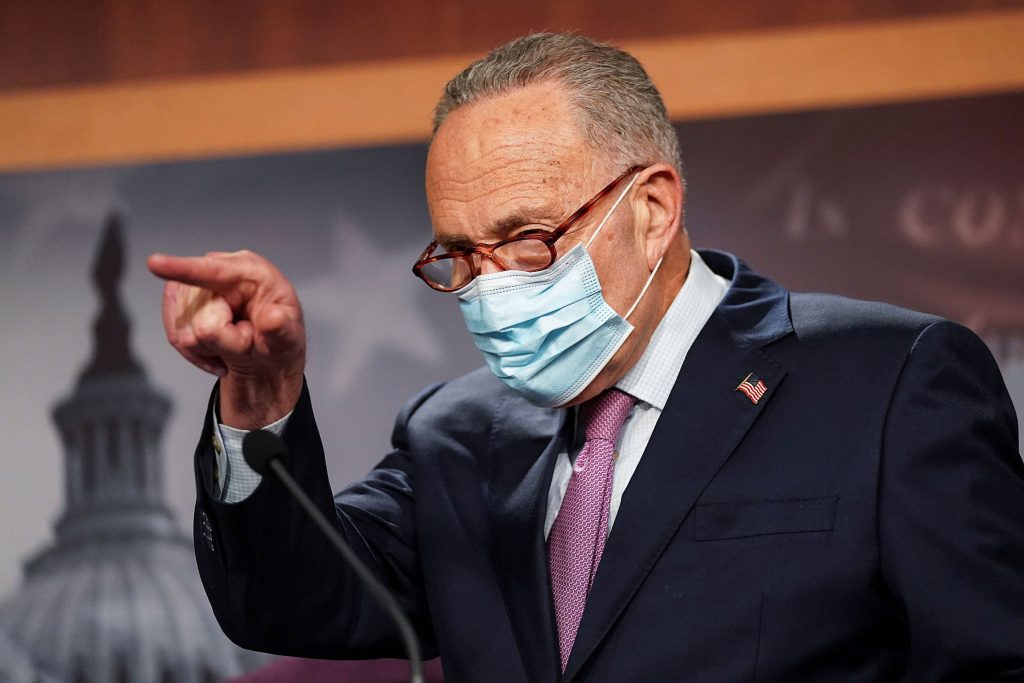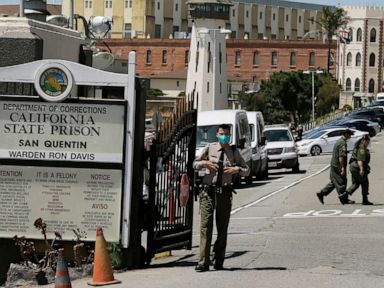
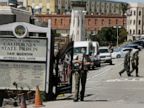


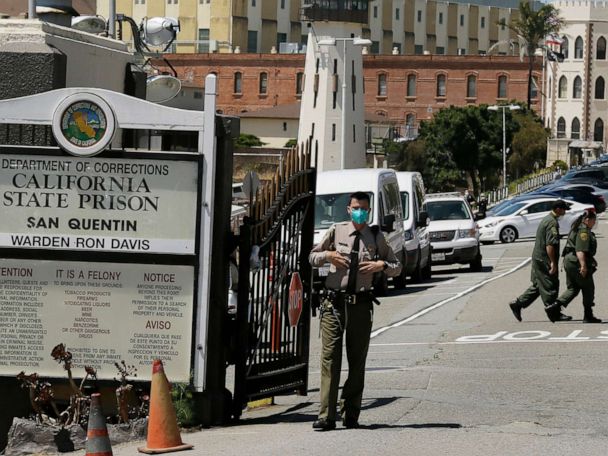
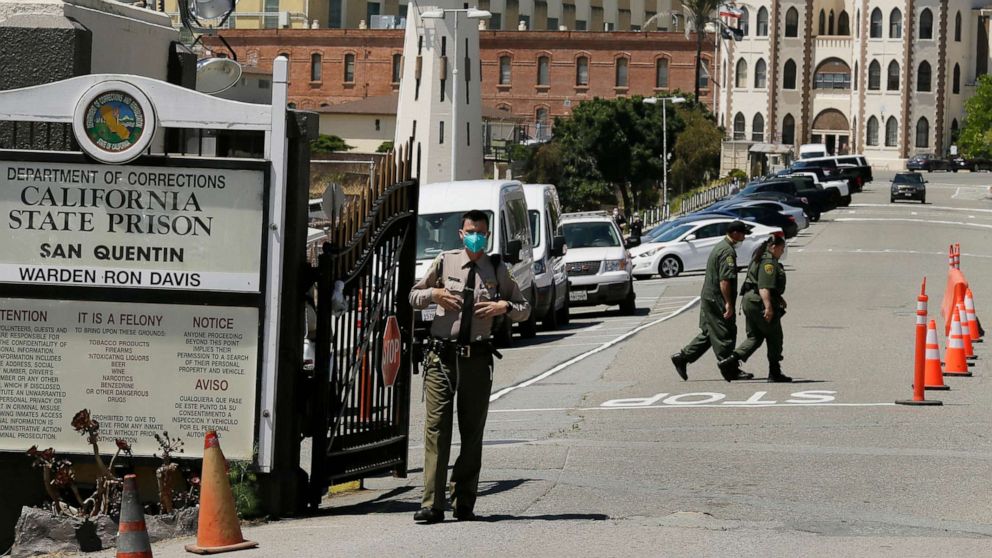
After a federal advisory committee recommended this week that health care workers, nursing home residents and staff be the first to receive COVID-19 vaccines, discussions turned to who should be next in line, as initial supplies remain limited.
Prisoners should be high on the list, according to the American Medical Association, the nation’s largest physician group, which this month called for incarcerated people to “be prioritized in receiving access to safe, effective COVID-19 vaccines in the initial phases of distribution.”
Myriad factors make prisons outbreak hotspots. Many prisons are chronically overcrowded, dormitory settings with shared toilets and showers. Basic hygiene is harder to uphold, making infectious disease outbreaks more likely. The risk of getting COVID-19 in prison is 5.5 times higher than for the general population, according to JAMA, the AMA’s peer-reviewed journal.
Some of the United States’ worst COVID-19 outbreaks have been in prisons, such as at California’s San Quentin state facility, where COVID-19 ripped through this summer, infecting 75% of the incarcerated population and killing 28.
“It’s a very important group, because jails and prisons have repeatedly been a focus for outbreaks of infection, not only among inmates but among people who care for them,” said Dr. William Schaffner, a professor of infectious diseases at the Vanderbilt University School of Medicine.
Since the start of the U.S. outbreak, at least 197,659 people in prison have contracted COVID-19 and 1,454 have died, according to The Marshall Project, which is tracking prison data from all 50 states and from the Federal Bureau of Prisons.
In addition to risks from crowded living conditions, prisons house vulnerable people. Incarcerated people have higher rates of underlying conditions than the general population, according to the Centers for Disease Control and Prevention, meaning prisoners are more at risk of experiencing severe complications or death if they contract the virus. Life sentences have contributed to an older incarcerated population, another group at greater risk. About one in five federal prisoners is 51 or older, according to the Federal Bureau of Prisons.
“Patients in nursing homes are being put in the front of the line for vaccine access, which makes sense,” said Leo Beletsky, a professor of law and health sciences at Northeastern University. “But lots of people in prison are of same age and same health status as people in nursing homes.”
“People,” Beletsky added, “have actually called them ‘nursing homes with bars.'”
Still, some decision makers recoiled at the idea of giving people behind bars priority access to the vaccine.
“There’s no way it’s going to go to prisoners before it goes to people who haven’t committed any crime,” Colorado Gov. Jared Polis told reporters on Tuesday. “That’s obvious.”
Public health experts maintain that the call to vaccinate people in prisons is logical and backed by science.
“I see prisons as akin to meatpacking plants and long-term care facilities,” Schaffner said. “They bring people together for prolonged periods of time indoors.”
Additionally, prisons are porous — a corrections officer infected by a prisoner could quickly spread the virus at home — and usually located in rural areas with fewer hospitals, where health care resources are already strained.
The case for vaccinating prisons seems to be gaining ground. According to more than 40 draft proposals reviewed by The Covid Prison Project and The Marshall Project, at least six states included incarcerated people in phase 1 of their vaccine distribution, along with health care and essential workers. Many other states included incarcerated people as a “critical population” that would receive vaccines in phase 2.
But inside the Bureau of Prisons itself, internal documents obtained by the Associated Press revealed that the initial allotments of the COVID-19 vaccines distributed to the federal prison system would be “reserved for staff.”
“From an ethical and epidemiological standpoint it makes no sense to prioritize corrections staff over people behind bars,” Beletsky said. “It’s simply a value judgment of people behind bars being less than other people. There’s not a scientific basis for it.”
“It’s flat-out ethics,” added Arthur Caplan, the founding director of New York University’s Division of Medical Ethics. “People say they don’t deserve it. They are prisoners. They have lost their rights to be protected. I don’t buy that.”
“In most states,” he added, “nobody said that these people had to die. They were just supposed to serve a prison sentence.”
What to know about the coronavirus:
Tune into ABC at 1 p.m. ET and ABC News Live at 4 p.m. ET every weekday for special coverage of the novel coronavirus with the full ABC News team, including the latest news, context and analysis.


